
Lifting TikTok Ban in Nepal: Implications for Nepal’s Media Regulators
TikTok, a widely popular social media app, has surged in popularity globally. Originally developed in China as the short-form content-sharing app Musical.ly, TikTok has since grown into a platform used by millions, including celebrities and institutions. However, its rise has not been without controversy. More than 30 countries have fully or partially banned the app due to concerns over user data privacy and potential national security risks. Some nations, including the United States, are still debating whether to ban TikTok.
In November 2023, Nepal imposed a ban on TikTok, citing concerns that the app was disrupting social harmony. However, this ban has now been lifted, posing new challenges for media regulators, bureaucrats, and law enforcement in managing potential misuse of the platform.
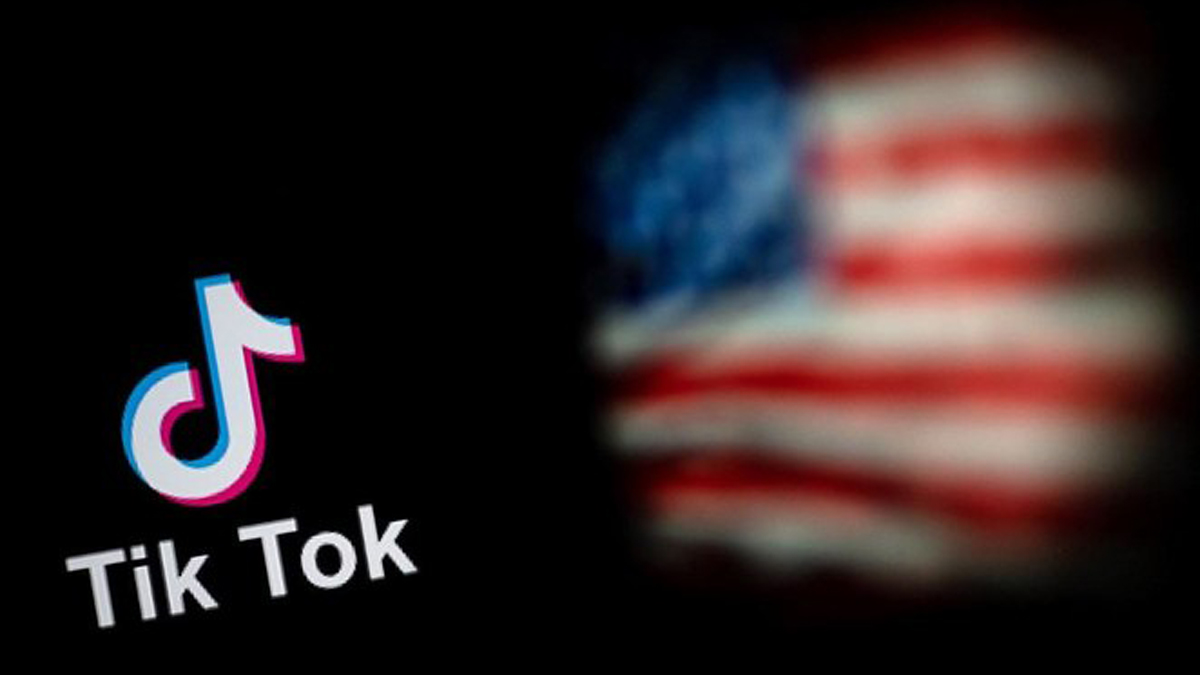
Why Was the Ban Implemented?
On November 13, 2023, the Nepali government announced the shutdown of TikTok, citing offensive content that threatened to disrupt social harmony. TikTok, introduced in Nepal by its parent company ByteDance in August 2018, quickly became the third most popular platform in the country after Facebook and YouTube. By the time it was banned, over 2.2 million Nepalis had actively used the app.
Rekha Sharma, the former Minister of Communications and Information Technology, explained that TikTok had negatively impacted “social harmony, family structure, and family relations,” prompting the government to act. In the past four years, more than 1,600 cybercrime cases related to TikTok had been reported. Additionally, the app faced accusations of spreading vulgar content through its short-form videos.
Despite repeated requests from the Nepali government for TikTok to address these issues and appoint a representative in Nepal, ByteDance largely ignored these concerns. This lack of cooperation heavily influenced the government’s decision to ban the app.

Issues Faced by TikTok Users in Nepal and Globally
Some prominent Nepali commentators have referred to TikTok as a “toxic hellhole,” suggesting it has caused a “techno panic” among citizens. Reports have highlighted social tensions in regions like Malangawa, Nepalgunj, and Dharan, where TikTok contributed to unrest, leading the government to impose curfews in some areas.
Another significant concern is the large amount of data TikTok collects from its users. Even unregistered visitors to the site are tracked via cookies and other methods. Once registered, TikTok gathers detailed information, including device type, location, IP address, search history, viewing habits, and more. It also collects device identifiers to track user interactions with advertisements and can infer personal details such as age, gender, and interests. In the U.S., TikTok has the ability to collect biometric data, including voice and facial prints.
A study titled “A Tik-Tok-ing Timebomb: How TikTok’s Global Platform Anomalies Align with the Chinese Communist Party’s Geostrategic Objectives,” conducted by the Network Contagion Research Institute and Rutgers University, found that TikTok promotes or suppresses content depending on its alignment with the Chinese government’s interests. The research highlighted that TikTok blocked information critical of China, particularly on sensitive issues like the Uighurs, Tiananmen Square, Tibet, Hong Kong, Taiwan, and the South China Sea.
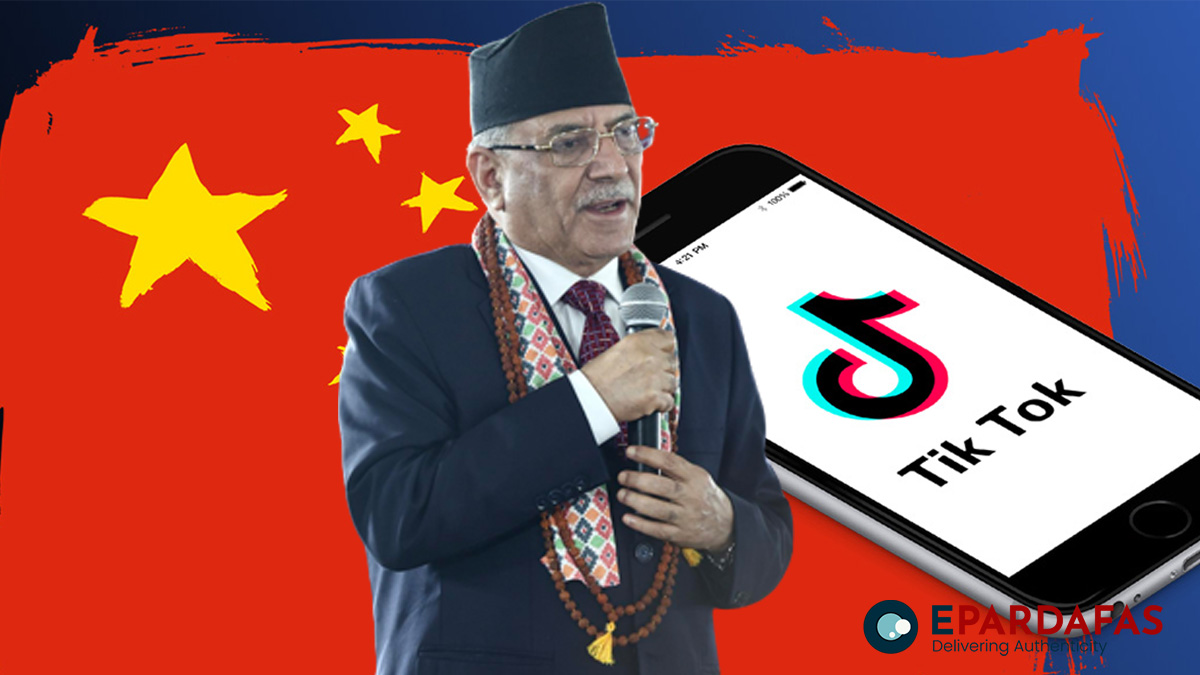
Why Should Nepal Be Concerned?
Nepal is a young democracy, still refining its policies and institutions. In the last 15 years, the country has experienced both significant political shifts and occasional instability. Amid these challenges, upholding core democratic principles, like freedom of expression, remains vital. However, the state is also responsible for regulating that freedom to maintain social harmony.
When the Nepali government requested TikTok’s compliance with local regulations, the platform initially resisted, leading to the app’s temporary ban. Now that the ban has been lifted, a key question remains: Will TikTok comply with Nepal’s regulatory frameworks, or will it continue to disregard them?
Nepal must also adapt to the rapidly evolving nature of social media, particularly with the rise of generative AI and algorithms that could pose new challenges for governments. The country could benefit from studying global frameworks, such as the European Union’s General Data Protection Regulation (GDPR) and its AI regulations, to strengthen its own digital governance policies.
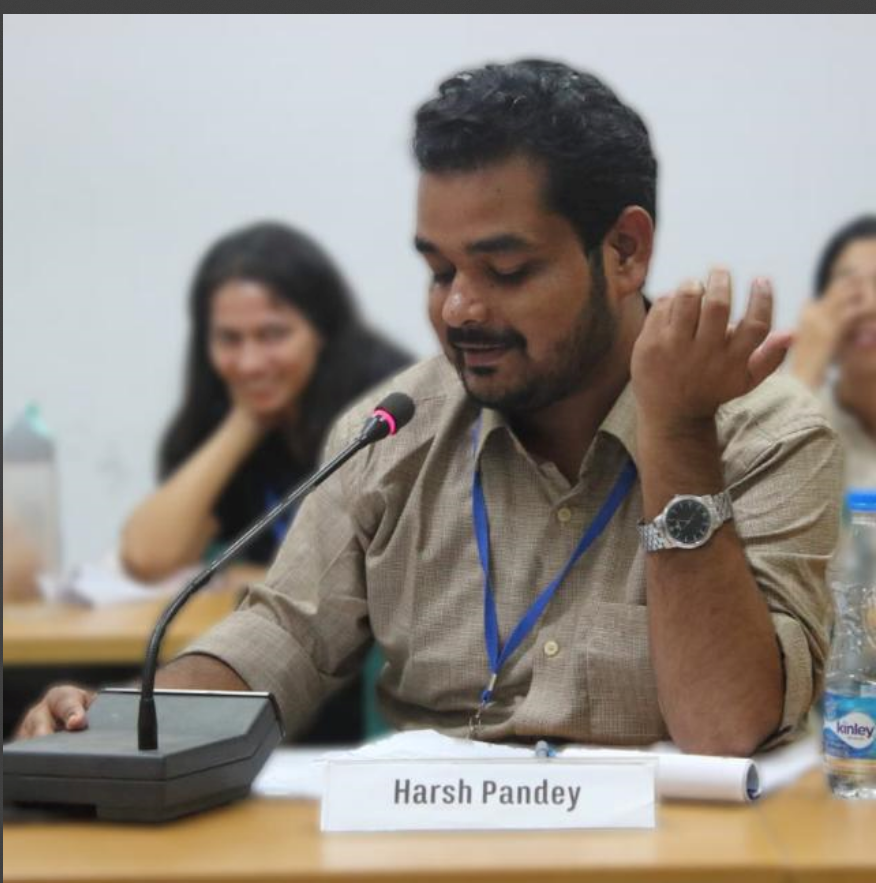
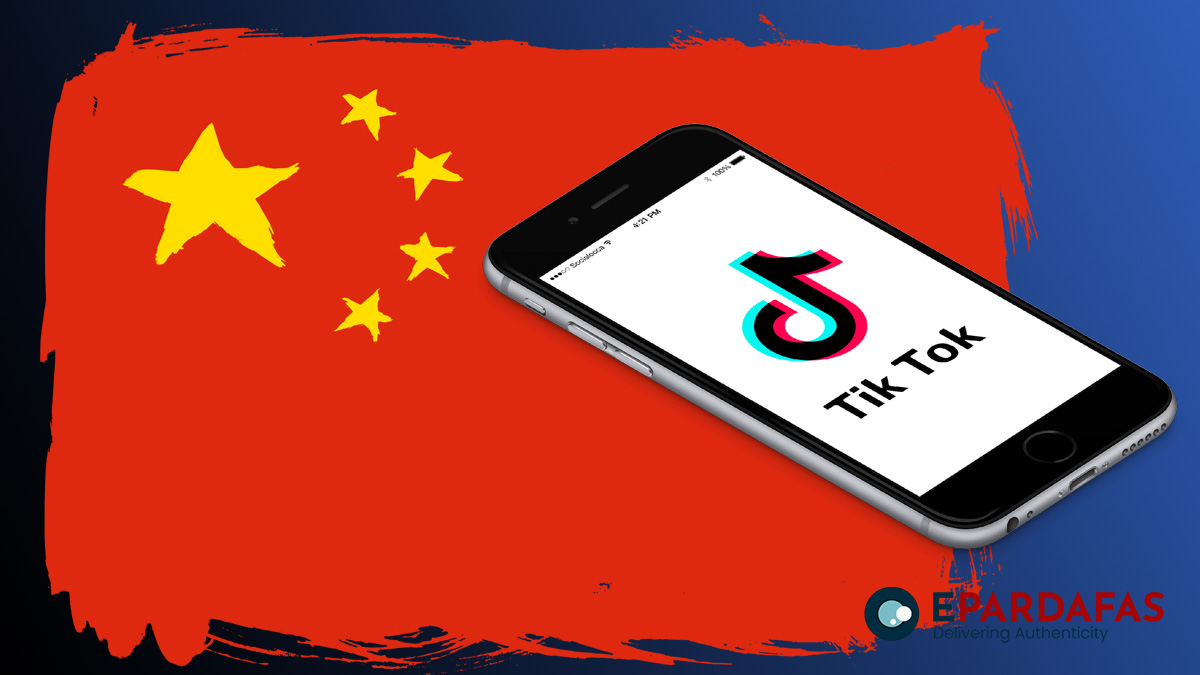
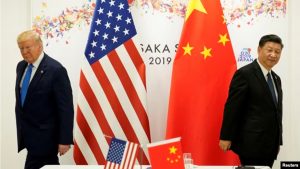



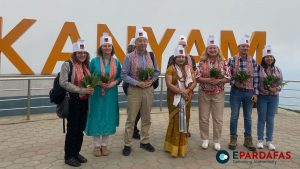
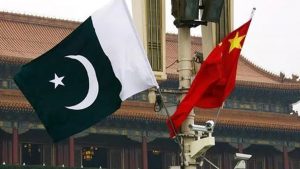






Comments